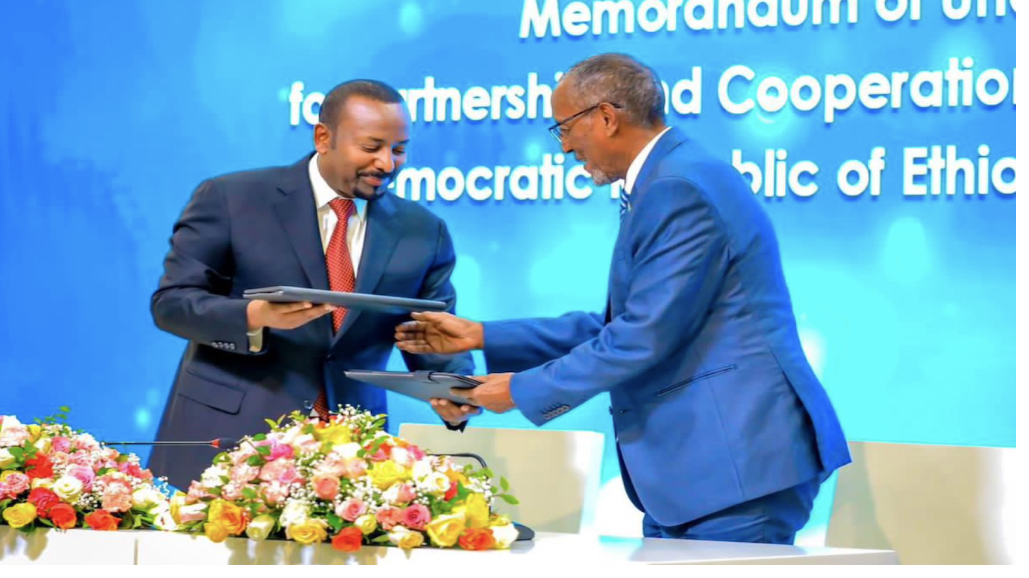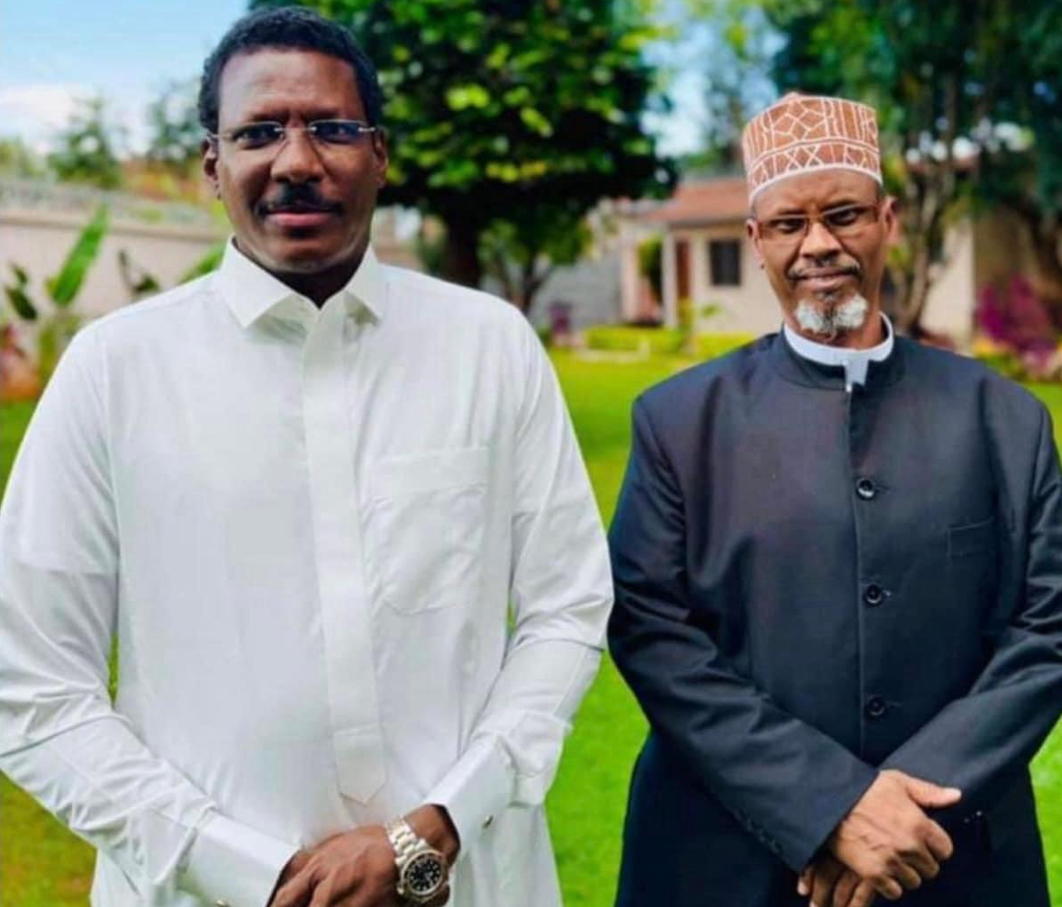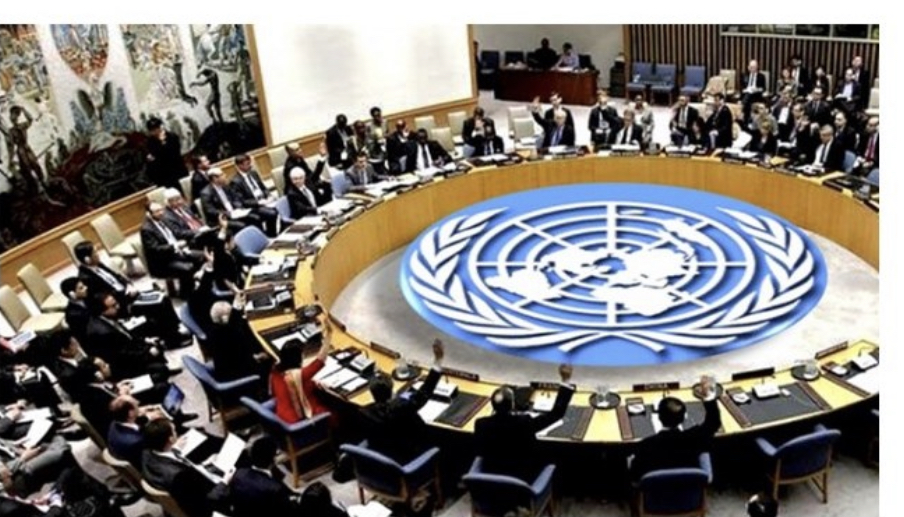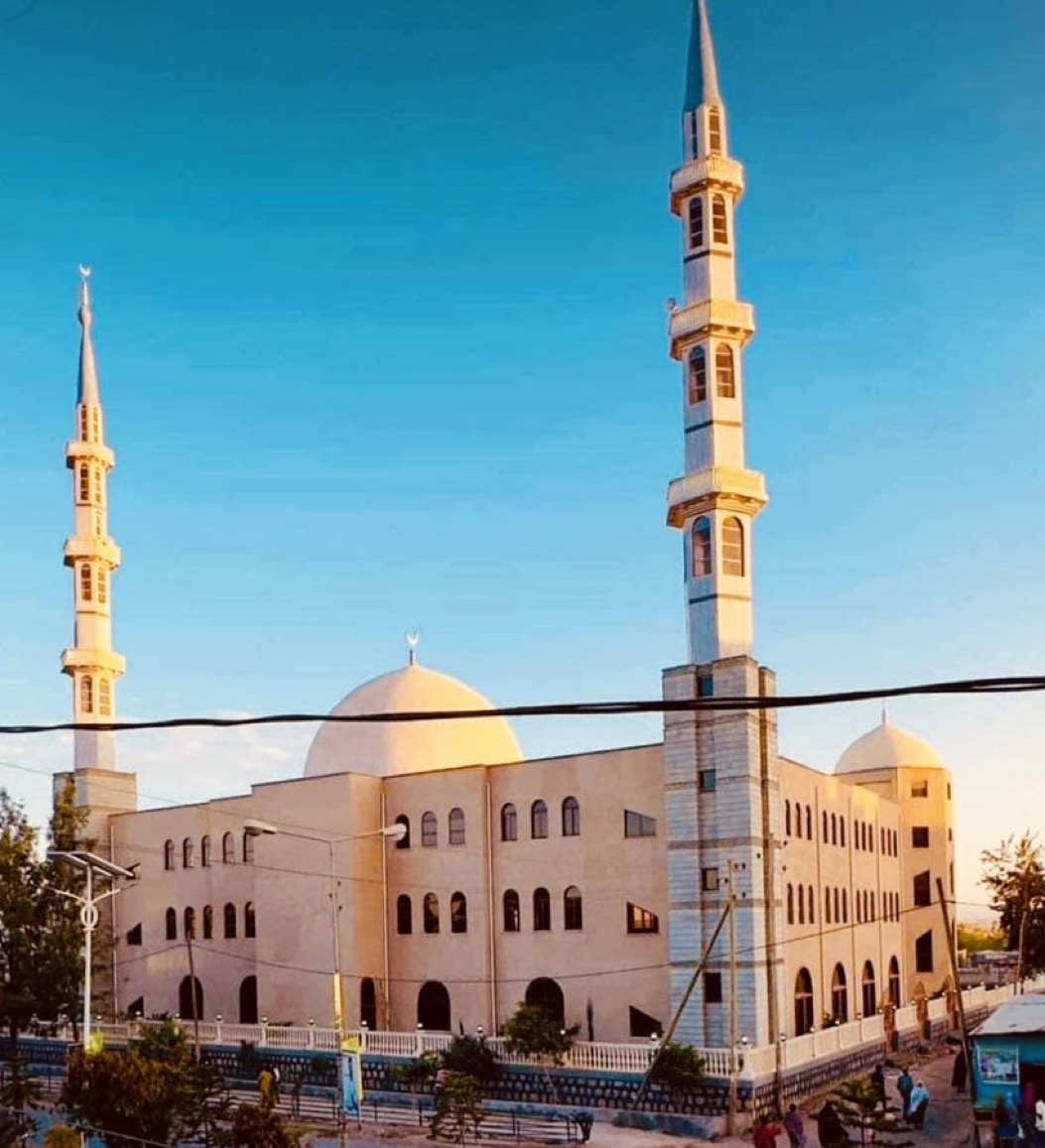The year 2024 began with a political shakeup in the Horn of Africa when on January 1, Ethiopia and Somaliland revealed the signing of a Memorandum of Understanding (MoU). Somaliland, previously British Somalia, is formally part of Somalia, from which it unilaterally seceded after the collapse of the Siad Barre regime. The territory has been self-governing since 1991 and is considered a de facto state. Nevertheless, it still lacks any legal recognition. The agreement thus set the stage for possible Ethiopian access to the Red Sea via Somaliland and for Addis Ababa’s legal recognition of the Hargeisa government. The announcement, however, immediately raised concerns among all regional actors…
Many doubts remain about the future steps involving the MoU, and it is not even certain that the terms of the agreement will be implemented. Notwithstanding, the announcement was enough to further shake the Red Sea region, which is already plagued by deep rifts and crises. The present analysis focuses on how the MoU announcement has affected the state of Djibouti. While the presence of several military bases seems to ensure the stability of the small African country, the MoU has intensified the dynamics within the power circle of Djibouti President Ismaïl Omar Guelleh.
After the Eritrean War of Independence in the early 1990s, Ethiopia lost its Red Sea ports and is now the most populous landlocked state in the world. Since 1998, Djibouti’s ports have handled 95 percent of the trade to and from Ethiopia. Access to the Djibouti port has cost Addis Ababa between $1.5 and $2 billion, a cost that Ethiopia considers excessive. Hence, there is a need to find a viable alternative.
Although fears of a new Ethiopian-Eritrean conflict were on the rise, the MoU now seems to have temporarily eased tensions. Reports indicate that Hargeisa is allowing Ethiopia access to the port of Berbera. In addition, Somaliland is granting Addis Ababa an area on the Gulf of Aden for military use. In return, Ethiopia would have to consider recognizing Somaliland and divesting shares of one of its public assets, such as Ethiopian Airlines.
Ethiopia’s ability to access the Red Sea through Berbera would provide an alternative to Djiboutian ports. However, the Berbera option is not new, for the Ethiopian government previously committed itself to buying a 19 percent stake in the commercial port. Nevertheless, the conflict in Tigray diverted Addis Ababa’s resources to complete the acquisition. With the MoU signature, the access of Ethiopian goods to Berbera once again becomes potentially viable.
In addition to the many political setbacks for any recognition of Somaliland, however, Ethiopian plans also face an economic hurdle, in addition to the many political setbacks to the recognition of Somaliland. No funds are available for the construction and development of an Addis Ababa-Berbera corridor. It is difficult for Ethiopia and Somaliland to find foreign investors, apart from possibly the UAE, which would be interested in expanding commercial traffic out of Berbera, a port operated by DP World.
The international actors’ interest in securing the Bab al-Mandeb Strait is insurance for Djibouti, meaning that none of its stakeholders have an interest in seeing the country dragged into instability, especially in the light of Houthi attacks. Furthermore, revenue from the ports has political value in that it feeds the patronage relationships that the president has built up over the years. Therefore, a decrease in earnings would affect the loyalties built up by Guelleh and further inflame internal power struggles over his succession.
The president, in office since 1999, was elected in 2021 for his fifth term, scheduled to end in 2026. However, there are many doubts about the 76-year-old president’s health. The announcement of the MoU has added fuel to the many rumors about his succession and has, in particular, accelerated the maneuvering within his power circle. For several months, a virtual game of thrones has been going on within political and economic power structures.
In an undemocratic and over-centralized context, alliances and political convergences are forming in preparation for the post-Guelleh era. Within the president’s inner circle, various factions align along paths defined by a mix of power dynamics, family connections, and ethnic or clan loyalties. Following this logic, two factions have emerged.
The first power bloc revolves around the influential figure of Guelleh’s wife, Kadra Mahamoud Haid, who has, since 1999, gradually gained centrality in the decision-making process. The first lady exerts her influence on Djiboutian political affairs primarily through a network of formal and informal ties based on clan affiliation. She is an ethnic isaq/clan Somali but belongs to one of the minority clans of the Isaaq. The most powerful Somali clan, the Issa, to which Guelleh belongs, has regularly marginalized the Isaaq in Djibouti, while the first lady’s weight of influence has facilitated the promotion of Isaaq figures to top positions within the state apparatus.
Kadra Haid’s actions are aimed at preparing for the rise of her son from her previous relationship, Naguib Abdallah Kamil. He is the current secretary to Prime Minister Abdoulkader Kamil Mohamed, who is an ethnic Afar, as is Naguib’s father. Therefore, Kadra Haid is strengthening the Afar-Isaaq alliance to consolidate Naguib’s position as an eventual successor to Guelleh.
The second faction consists of the Somali Issa and especially members of the president’s sub-clan, the Massamans. Among the leading Massaman proponents are prominent figures in the state apparatus, including Interior Minister Said Nouh Hassan, Intelligence Chief Hassan Said Khaireh, and Republican Guard Commander Colonel Mohamed Djama Doualeh. They view the First Lady’s moves and the recent MoU with suspicion.
Indeed, the first power bloc has strong identity affinities and ties with Somaliland and Ethiopia. Therefore, they fear an imminent reversal of the country’s inter-clan power relations supported by extra-regional actors. The Massaman group, on the other hand, has forged a connection with the youngest daughter of the presidential couple, Haibado Ismail Omar, who is Guelleh’s financial advisor. Haibado has consolidated ties with the Dir clan, a prominent Somali group that includes the Issa. In addition, her marriage to Sadak Omar Mohamed, aka Sadak John, cemented her direct ties to Mogadishu. Haibado’s financial power, the Dir support, and the influence of Massaman members within the country’s security apparatus provide a credible alternative to Kadra Haid’s plans.
Thus, within President Guelleh’s circle of power, two factions are forming that are ready to clash politically over his succession. The danger is that rivalries within power circles will overlap with regional ones. On the one hand, Naguib enjoys the support of the Afar and Isaaq clans and seems oblivious to Addis Ababa and Hargeisa. On the other hand, Haibado moves to increase Somali support for her cause. While no signs of external interference exist in this contest, regional and extra-regional actors are looking for a horse to back. Therefore, the MoU and a possible escalation of tensions between Mogadishu and Hargeisa could profoundly impact the power struggles within the Djibouti regime.
The MoU has put the issue of Somaliland recognition back on the table, regardless of the next concrete steps. This means that the United States and other extra-regional actors cannot ignore the situation. However, a fundamental flaw prevents international actors from taking an innovative approach to the matter. Most of them believe that there is a strong link between the success of Somalia’s state-building process and its territorial integrity, a narrative fed directly by Mogadishu’s political elite. Supporting this belief is creating tensions within Somaliland itself, as evidenced by those in Las Anod. In reality, the state-building process and territorial integrity are separate. The presence of a large number of Somalis in different regional states implies that the Somaliland issue should be addressed from a regional perspective, but to do so would be to call into question one of the key principles of the African Union. For this reason, international policymakers are called upon to tread wisely, seeking a balance between Somaliland’s demands and the need to avoid dealing a blow to the continental normative architecture.




